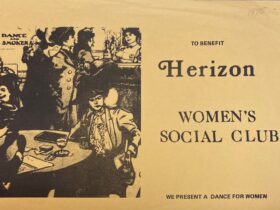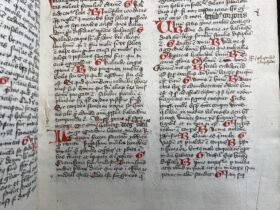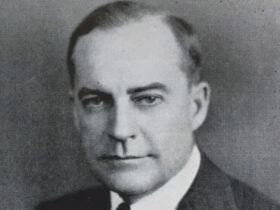
The mould-breaking outcome of Turkey’s general election on Sunday will be viewed as a personal rebuff for the president, Recep Tayyip Erdoğan, and as a historic political breakthrough for the country’s 18 million-strong Kurdish minority, which will be represented by a political party in parliament for the first time.
With 88% of votes counted, the ruling Justice and Development party (AKP), which Erdoğan helped to found, appeared to have lost its overall majority, falling just short of the 276 seats required for control of the 550-seat national assembly. Its share of the vote, at around 43%, was well down on the 49% it obtained in 2011.
The AKP had aimed for a total of at least 330 seats, which would have enabled the government to hold a referendum on the constitutional changes that Erdoğan needs in order to create an executive presidency. Erdoğan personally travelled the country trying to boost the AKP vote.
But concerns about a slowing economy, jobs, civil rights and a lack of progress in the Kurdish peace process appear to have combined with worries that Erdoğan could assume quasi-dictatorial powers to thwart the president’s ambitions.
Erdoğan, a three-time prime minister who has wielded power since 2002, now faces the prospect of continuing in the largely ceremonial post of president, to which he was elected last year, while real executive power is in the hands of his protege Ahmet Davutoğlu, the current prime minister.
Parliamentary democracy in Turkey was also a big winner as the pro-Kurdish, secular centre-left grouping, the People’s Democratic party (HDP), appeared to slip past the mandatory 10% threshold for representation with about 11% of the vote. Projections suggested that total would translate into about 74 seats.
This result gives Turkey’s Kurds and the other voters who deserted the AKP and flocked to the HDP banner an unprecedented national platform from which to counter the neo-Islamist AKP’s assault on Turkey’s secular tradition, which has gathered pace in recent years.
To learn more about Kurdish culture and History visit the Vera Beaudin Saeedpour Kurdish Library and Museum Collection located in Special Collections on the second floor of the Bartle Library.





